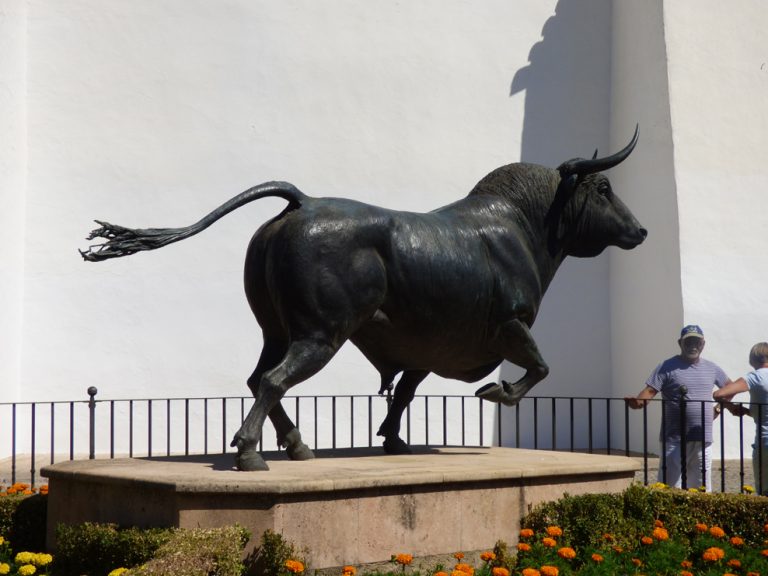On Jan. 3, the French National Assembly rejected a government proposal aimed at turning the country’s COVID-19 pass into a vaccine passport. President Emmanuel Macron’s government had planned to impose the vaccine passport by Jan. 15. But with a majority of lawmakers at the assembly against the proposal, the administration now finds itself in a difficult position regarding the plan.
The existing COVID pass was available to those who had received the vaccination, made a full recovery from the infection, or showed a negative COVID-19 test result. The government’s proposal to transform the COVID pass into a vaccine passport would have only allowed individuals who are fully vaccinated or made a full recovery eligible for these passports.
Consequently, an unvaccinated person would never gain access to the passport even if they show a negative test result. Without the vaccine passport, people would not be able to enter restaurants, theaters, museums, bars, hotels, and long-distance trains.
The government’s proposal also included stricter punishments for those found to have forged vaccine passports. Individuals caught doing so would be fined €75,000 ($85,000) and could be jailed for up to five years.
When the bill was presented to the National Assembly on Monday evening, a coalition of opposing lawmakers joined together to fight the proposal. The coalition, which involved far-left La France Insoumise (LFI) and far-right Rassemblement National (RN), claimed that the government’s vaccine passport was an infringement of civil liberties.
Success
You are now signed up for our newsletter
Success
Check your email to complete sign up
The majority of MPs from Macron’s own party, the centrist La Republique en Marche (La REM), as well as the mainstream opposition Les Republicains (LR) had supported the proposal.
“Last night we saw a form of irresponsible friendship being formed with the MPs of La France Insoumise, the Rassemblement National and LR to derail the timetable for the adoption of the vaccine pass… The vaccine pass has to come into effect as quickly as possible,” Government spokesperson Gabriel Attal told a local radio station.
He blamed the MPs for playing politics to halt “essential measures” during an “urgent situation.” The government will continue pushing forward with the legislation, he added. Health Minister Olivier Veran slammed the National Assembly’s decision, stating that “selfishness often hides behind talk of supposed liberty.”
Marine Le Pen, a member of the RN, called the defeat of the government proposal a “victory for democracy.” He criticized the fact that debates on health restrictions that will have a massive impact on the life and freedoms of citizens were conducted at night, far from the eyes of the public.
Jean-Luc Melenchon, leader of LFI, called the National Assembly decision a necessary “correction” for health minister Veran. He accused Veran of “arrogance” and insisted that the government was sowing “indescribable chaos” due to its short-sightedness.
Controversy over the proposed vaccine passport intensified after President Macron said during an interview with a local paper that he seeks to annoy unvaccinated individuals. “I really want to piss them off. And so we will continue to do so, to the bitter end. That’s the strategy,” he told the paper.
Macron’s comments attracted criticism from many quarters. “A president cannot make these kinds of statements… I cannot endorse a text that seeks to annoy the French,” Christian Jaboc, chairman of the conservative parliamentary group Los Republicanos, stated.
Over 90 percent of the population aged 12 and above have been inoculated. Roughly five million people in the demographic still need to get vaccinated. The spread of the Omicron variant pushed up daily cases to over 200,000 in late December.















